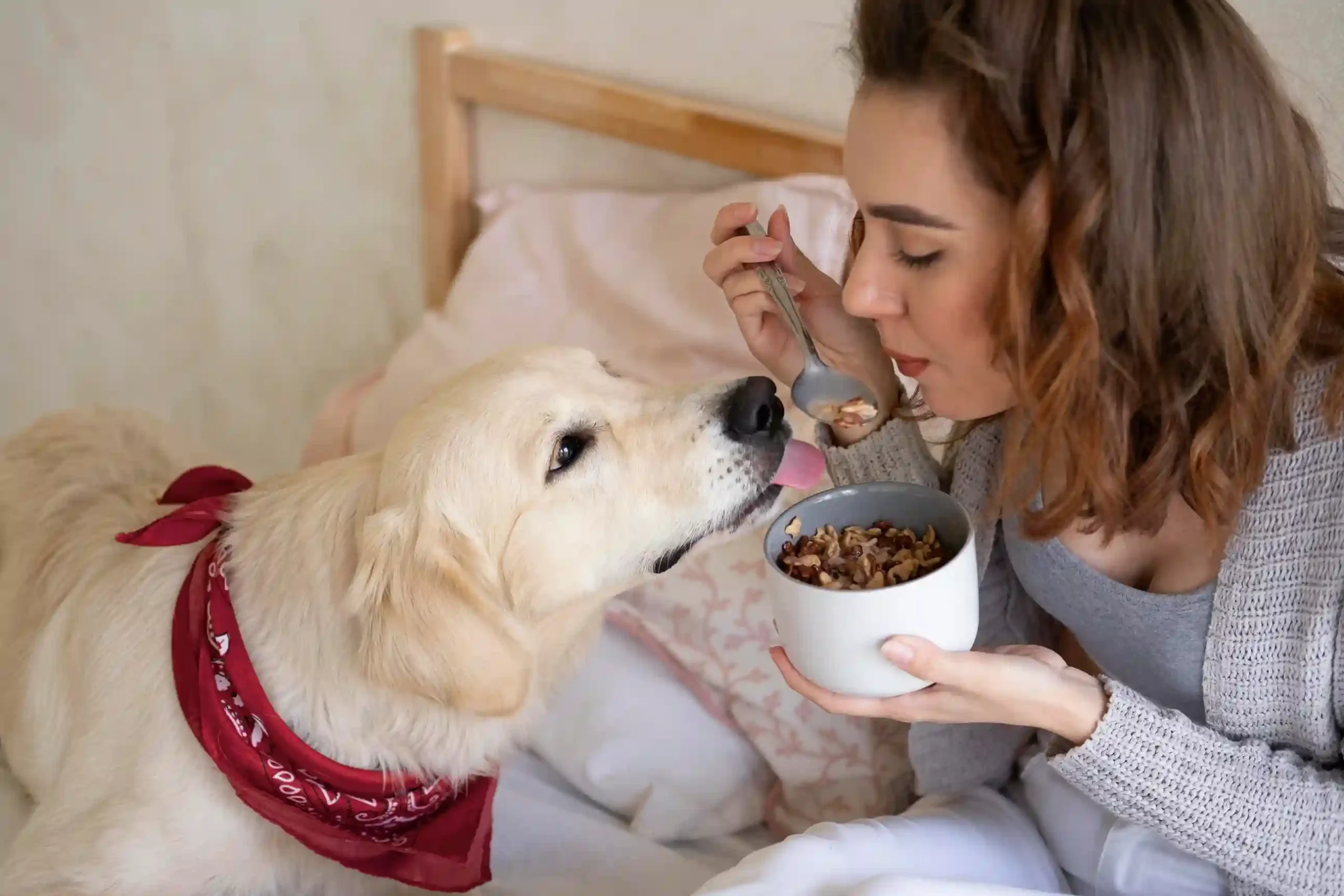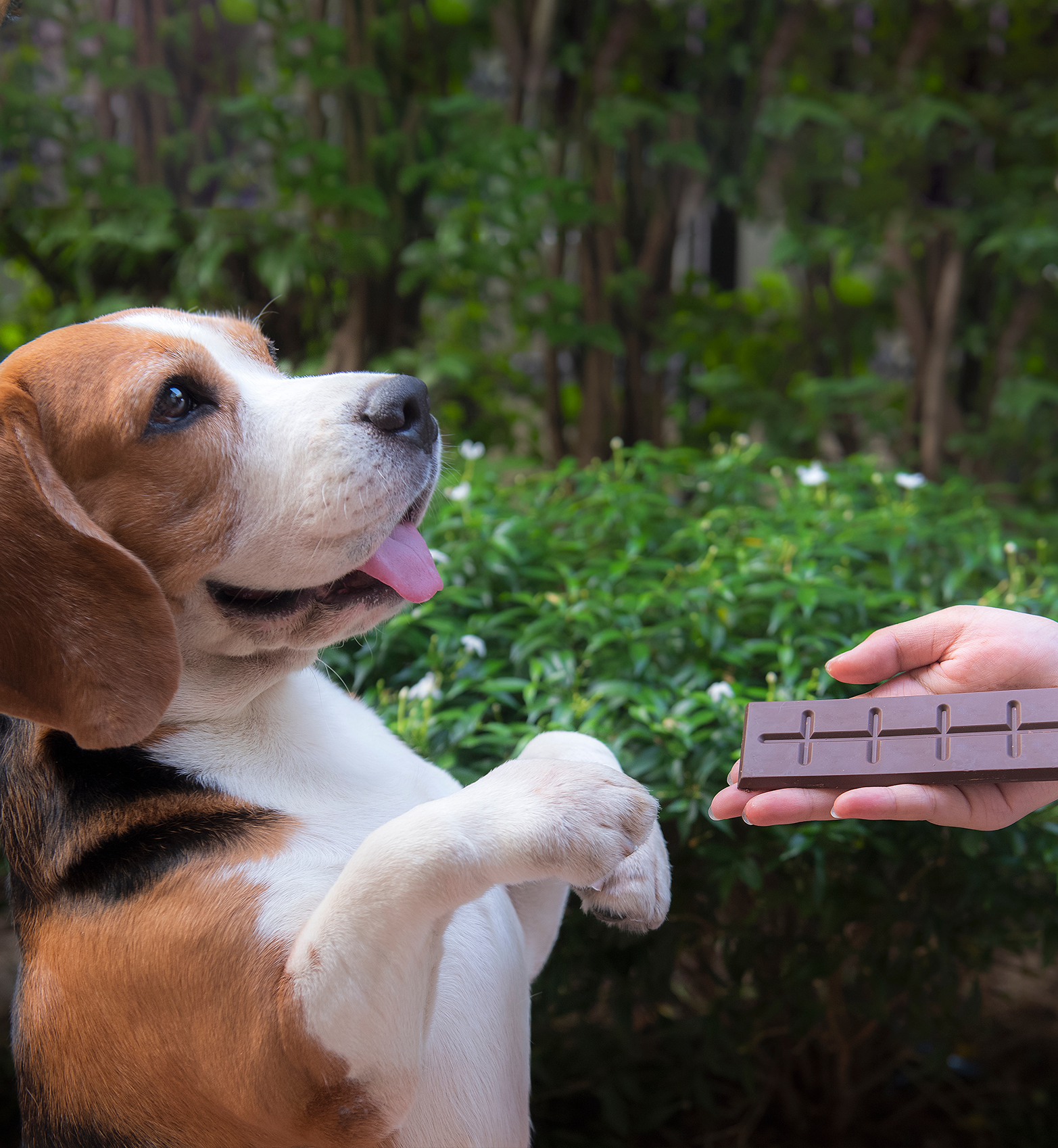
Most common mistakes made by Pet Parents and how to avoid them
Being a pet parent comes with responsibilities, but even the most loving owners can make mistakes. From poor diet choices to neglecting exercise and vet visits, small errors can have lasting effects on your pet’s health and happiness. This blog highlights common pet parenting mistakes and provides practical tips to ensure your furry friend thrives. Avoid these pitfalls and become a better pet parent today!
Document:
Bringing a pet into your home is one of life’s greatest joys, but being a pet parent also comes with responsibility. Whether you have a dog, cat, or any other furry friend, their health, happiness, and well-being depend on your care. However, even the most well-intentioned pet parents make mistakes. Some errors might seem harmless but can have lasting consequences. Here are some of the most common mistakes pet parents make and how you can avoid them.


Document:
Bringing a pet into your home is one of life’s greatest joys, but being a pet parent also comes with responsibility. Whether you have a dog, cat, or any other furry friend, their health, happiness, and well-being depend on your care. However, even the most well-intentioned pet parents make mistakes. Some errors might seem harmless but can have lasting consequences. Here are some of the most common mistakes pet parents make and how you can avoid them.
1. Poor Diet Choices
Many pet parents assume that all pet foods are the same or that feeding table scraps is harmless. However, an improper diet can lead to obesity, digestive issues, and long-term health problems.
Common Mistakes:
- Feeding human food that is toxic to pets (e.g., chocolate, onions, grapes).
- Not checking ingredient labels for quality and nutritional balance.
- Overfeeding or free-feeding without portion control.
- Ignoring the importance of hydration.
How to Avoid It:
- Choose high-quality pet food tailored to your pet’s age, breed, and health needs.
- Avoid feeding table scraps and learn which human foods are harmful.
- Consult your vet to determine appropriate portion sizes.
- Ensure your pet always has access to fresh, clean water.
1. Poor Diet Choices
Many pet parents assume that all pet foods are the same or that feeding table scraps is harmless. However, an improper diet can lead to obesity, digestive issues, and long-term health problems.
Common Mistakes:
- Feeding human food that is toxic to pets (e.g., chocolate, onions, grapes).
- Not checking ingredient labels for quality and nutritional balance.
- Overfeeding or free-feeding without portion control.
- Ignoring the importance of hydration.
How to Avoid It:
- Choose high-quality pet food tailored to your pet’s age, breed, and health needs.
- Avoid feeding table scraps and learn which human foods are harmful.
- Consult your vet to determine appropriate portion sizes.
- Ensure your pet always has access to fresh, clean water.
2. Skipping Regular Vet Check-Ups
Many pet owners only take their pets to the vet when they’re visibly sick. However, preventive care is crucial for a pet’s long-term health.
Common Mistakes:
- Delaying or skipping
- vaccinations
- Ignoring dental check-ups
- Not scheduling annual wellness exams
How to Avoid It:
- Follow a regular vaccination and deworming schedule.
- Schedule annual or bi-annual vet check-ups.
- Pay attention to dental hygiene—brushing their teeth or providing dental treats can prevent major health issues.
3. Lack of Training and Socialization
Training and socialization are essential, especially for dogs. Without proper guidance, pets can develop behavioral issues, anxiety, and even aggression.
Common Mistakes:
- Not starting training early.
- Being inconsistent with rules and commands.
- Using punishment-based methods instead of positive reinforcement.
- Not socializing pets with other animals and humans.
How to Avoid It:
- Start training as early as possible using positive reinforcement techniques.
- Be consistent with commands and house rules.
- Expose your pet to different environments, people, and animals in a safe and controlled manner.
4. Ignoring Exercise Needs
Exercise isn’t just about keeping pets physically fit—it also impacts their mental health. A lack of physical activity can lead to obesity, anxiety, and destructive behaviors.
Common Mistakes:
- Not providing enough daily exercise.
- Keeping pets confined indoors for too long.
- Ignoring breed-specific energy levels.
How to Avoid It:
- Ensure your pet gets daily walks, playtime, and mental stimulation.
- If you have a high-energy breed, incorporate activities like agility training, swimming, or puzzle toys.
- For cats, provide climbing structures, interactive toys, and scratching posts.
5. Neglecting Grooming Needs
Many pet parents only groom their pets when they start looking messy, but grooming is about more than just appearance—it’s essential for their overall health.
Common Mistakes:
- Not brushing your pet’s fur regularly, leading to matting.
- Skipping nail trims, which can cause pain and posture issues.
- Ignoring ear and dental hygiene.
How to Avoid It:
- Brush your pet regularly based on their coat type.
- Trim nails every few weeks to prevent overgrowth and pain.
- Clean ears and brush teeth to prevent infections and dental disease.
6. Leaving Pets Alone for Too Long
Many pet parents underestimate how much attention and companionship their pets need. Leaving pets alone for extended periods can lead to separation anxiety and destructive behaviors.
Common Mistakes:
- Not providing enough interaction or enrichment while away.
- Leaving pets alone for long hours without bathroom breaks.
- Not considering pet sitters or daycare when necessary.
How to Avoid It:
- If you’re away for long hours, consider hiring a pet sitter or using a doggy daycare.
- Provide interactive toys and puzzles to keep them mentally stimulated.
- If possible, arrange for someone to visit and check on your pet during the day.
7. Not Understanding Pet Body Language
Pets communicate through body language, and misinterpreting their signals can lead to misunderstandings, stress, or even bites.
Common Mistakes:
- Ignoring signs of stress, fear, or discomfort.
- Forcing interactions when a pet clearly wants space.
- Misunderstanding aggressive or submissive behavior.
How to Avoid It:
- Learn to read your pet’s body language (e.g., tail position, ear movement, facial expressions).
- Give your pet space when they need it.
- Reward calm and positive behavior rather than forcing interactions.
8. Not Having a Pet Emergency Plan
Many pet parents don’t think about what to do in case of emergencies until it’s too late.
Common Mistakes:
- Not knowing the nearest emergency vet clinic.
- Not having a pet first-aid kit.
- Failing to microchip pets in case they get lost.
How to Avoid It:
- Save the contact details of emergency vet clinics.
- Keep a first-aid kit with essentials like bandages, antiseptic, and a thermometer.
- Ensure your pet is microchipped and wears an ID tag with your contact information.
Final Thoughts
Owning a pet is a long-term commitment that requires effort, patience, and love. Avoiding these common mistakes will not only make life easier for you but will also ensure your pet stays healthy and happy. Being a responsible pet parent means continuous learning and adapting to your pet’s needs. By providing proper care, training, and attention, you’ll build a strong bond with your furry friend that lasts a lifetime.


